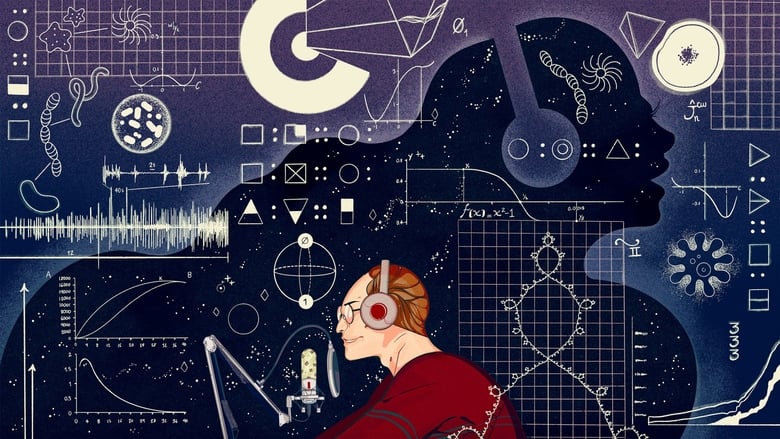
Trailer
Synopsis
Explore mind-bending developments in basic science and math research. Quanta Magazine is an award-winning, editorially independent magazine published by the Simons Foundation.
Episode 20 : Corina Tarnita: First Understand Nature’s Rules
December. 20,2017
Corina Tarnita argues that to fully appreciate nature, you must first understand its rules.
Episode 19 : Minhyong Kim: Connecting Number Theory to Physics
December. 01,2017
Minhyong Kim wanted to make sure he had concrete results in number theory before he admitted that his ideas were inspired by physics.
Episode 18 : Federico Ardila: A Mathematician Who Dances to the Joys and Sorrows of Discovery
November. 20,2017
A Mathematician Who Dances to the Joys and Sorrows of Discovery
Episode 17 : Michael Assis: Atomic Origami
October. 31,2017
Michael Assis demonstrates how defects can be used to tune the properties of Miura-ori origami.
Episode 16 : Rebecca Goldin: Why Math Is the Best Way to Make Sense of the World
September. 11,2017
Rebecca Goldin explains why quantitative literacy is so important.
Episode 15 : Nigel Goldenfeld: Seeing Emergent Physics Behind Evolution
August. 31,2017
Nigel Goldenfeld explains how condensed matter physics provides insights into the collective state of early life on Earth.
Episode 14 : Neil Johnson: A Physicist Who Models ISIS and the Alt-Right
August. 23,2017
Neil Johnson on the physics of collective human behavior.
Episode 13 : Svitlana Mayboroda: Taming Rogue Waves
August. 22,2017
Svitlana Mayboroda describes how the landscape function helps solve the mystery of wave localization.
Episode 12 : How Andrea Ghez Found a Supermassive Black Hole
August. 21,2017
The UCLA astrophysicist explains how tracking the movement of stars revealed the existence of a supermassive black hole at the center of the Milky Way galaxy.
Episode 11 : Jay Pasachoff: Eclipse Hunter Reveals the Science That Can Only Be Done in the Dark
August. 10,2017
Jay Pasachoff explains what scientists can learn during a total solar eclipse.
Episode 10 : Jessica Flack: How Nature Solves Problems Through Computation
July. 10,2017
Jessica Flack describes the special challenges of applying collective computation to the understanding of complex biological systems.
Episode 9 : Purvesh Khatri: More Data — the Dirtier the Better
June. 07,2017
Khatri learned that by working with 'messy' clinical data sets, he could find genes that the human body expresses in response to diverse forms of a disease.
Episode 8 : Journey to the Birth of the Solar System 360 VR
May. 25,2017
Join David Kaplan on a virtual-reality tour showing how the sun, the Earth and the other planets came to be.
Episode 7 : Tim Maudlin: A Defense of the Reality of Time
May. 19,2017
A Defense of the Reality of Time
Episode 6 : John Novembre: A Map of Human History, Hidden in DNA
April. 20,2017
John Novembre explains how he uses genomic data to map human history.
Episode 5 : Sharon Glotzer: ‘Digital Alchemist’ Seeks Rules of Emergence
March. 08,2017
Sharon Glotzer explains how emergence, entropy and order can all fit together.
Episode 4 : Sylvia Serfaty: In Mathematics, ‘You Cannot Be Lied To’
February. 21,2017
Sylvia Serfaty explains why you don’t have to be a genius to become a mathematician.
Episode 3 : Francis Su: Math Is for Everybody
February. 04,2017
Francis Su discusses how the community of mathematicians tends to exclude certain people.
Episode 2 : Francis Su: Math and the Good Life
February. 03,2017
Francis Su explains how mathematics can help a person to live well.
Episode 1 : Marcus Feldman: In Search of Actions That Alter Evolution
January. 05,2017
Marcus Feldman explains how he models the effects of a cultural preference — in this case, a preference for sons over daughters in China.
Seasons
Similar titles
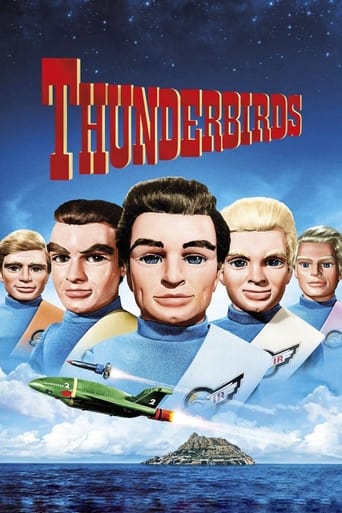
Prime Video
Thunderbirds
Thunderbirds is a 1960s British science-fiction television series which was produced using a mixed method of marionette puppetry and scale-model special effects termed "Supermarionation". The series is set in the 21st century and follows the exploits of International Rescue, a secret organization formed to save people in mortal danger with the help of technologically advanced land, sea, air and space vehicles and equipment, launched from a hidden base on Tracy Island in the South Pacific Ocean.
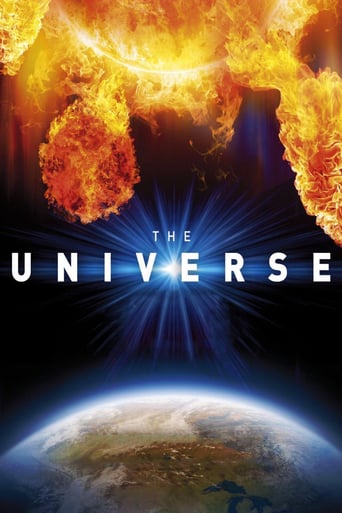
Prime Video
The Universe
From the planets to the stars and out to the edge of the unknown, history and science collide in a wondrous yet deadly adventure through space and time.
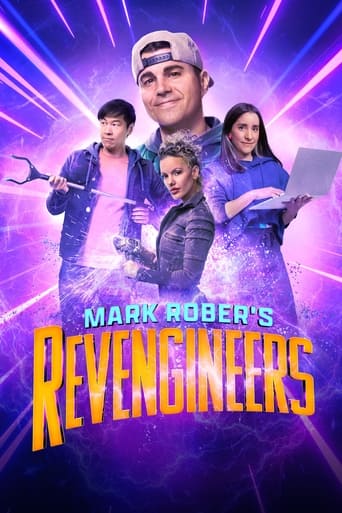
Max
Mark Rober's Revengineers
Mark Rober, former NASA engineer and current Apple engineer, created a viral glitter prank to serve justice to doorstep delivery thieves. Now you can join him and his team to take down the morally impaired. He'll build a trap, set the bait and wait.
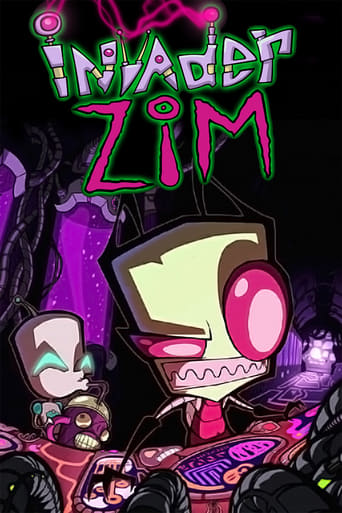
Prime Video
Invader ZIM
Invader Zim is an American animated television series created by Jhonen Vasquez. The show premiered on Nickelodeon on March 30, 2001. The series involves an extraterrestrial named Zim who originates from a planet called Irk, and his ongoing mission to conquer and destroy Earth. His various attempts to subjugate and destroy the human race are invariably undermined by some combination of his own ineptitude, his malfunctioning robot servant GIR, and a young paranormal investigator named Dib, one of the very few people attentive enough to be aware of Zim's identity.
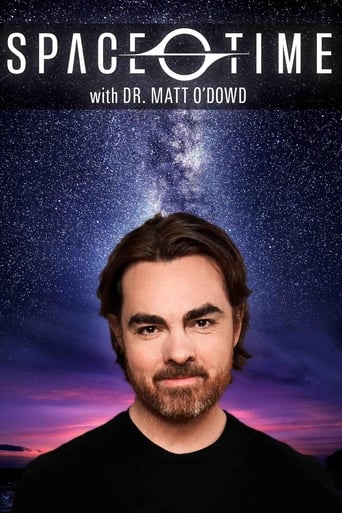
PBS Space Time
Space Time explores the outer reaches of space, the craziness of astrophysics, the possibilities of sci-fi, and anything else you can think of beyond Planet Earth with our astrophysicist host: Matthew O’Dowd.

Netflix
The Future Of
With the help of industry experts, this innovative docuseries examines new and emerging technological trends to imagine revolutionary possibilities.

HULU
Critter Fixers: Country Vets
100 miles south of Atlanta, Dr. Hodges and Dr. Ferguson are two longtime friends who own and operate Critter Fixer Veterinary Hospital. Together with their loving staff, Drs. Hodges and Ferguson treat and care for over 20,000 patients. Between emergency visits to the office, and farm calls throughout rural Georgia - the Critter Fixers are constantly bombarded with unique cases you only see in the country.
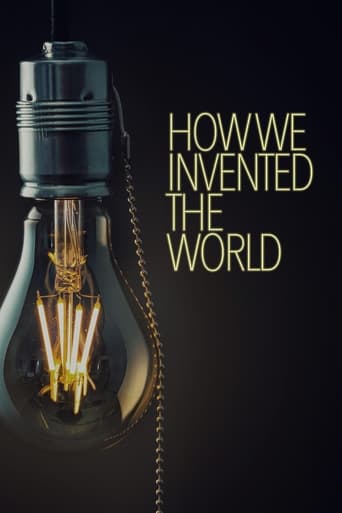
How We Invented The World
How We Invented the World is the ultimate action-packed, hi-energy, landmark series that examines the four inventions that define the modern world - mobiles, cars, planes and skyscrapers -celebrating the people and connections that made them possible. Each playing a crucial role in where we are now in the 21st Century - able to travel the globe, to talk to one another at any time at the push of a button, to live in huge cities, to commute, to capture the world we live in, making the fantasies we create come to life. This four part series lifts the lid on how these iconic inventions came to be. Showcasing the people who have shaped our lives in ways that they could have never imagined or anticipated, this series reveals stories of human ingenuity, extraordinary connections, unprecedented experimentation and jaw dropping accidents that created the world as we know it.
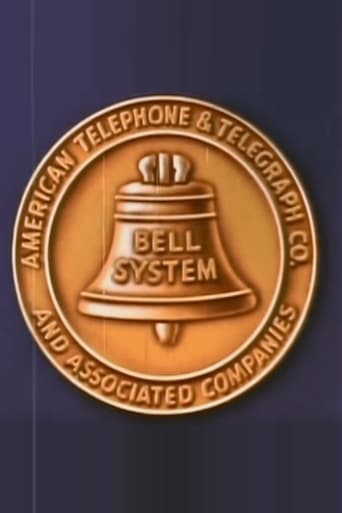
The Bell System Science
The Bell System Science Series consists of nine television specials made for the AT&T Corporation that were originally broadcast in color between 1956 and 1964. Marcel LaFollette has described them as "specials that combined clever story lines, sophisticated animation, veteran character actors, films of natural phenomena, interviews with scientists, and precise explanation of scientific and technical concepts — all in the pursuit of better public understanding of science.
Top Streaming TV Show
#1

Grey's Anatomy
March. 27,2005
7.6
#2

A Teacher
November. 10,2020
6.9
#3

The Mandalorian
November. 12,2019
8.6
#4

Game of Thrones
April. 17,2011
9.2
#5

Station 19
March. 22,2018
7
#6

The Undoing
October. 25,2020
7.4
#7
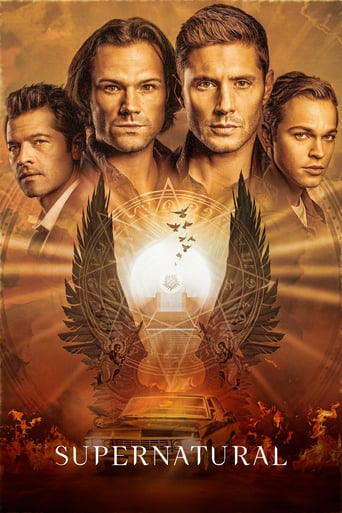
Supernatural
September. 13,2005
8.4
#8

The Last Dance
April. 19,2020
9.1
#9

Euphoria
June. 16,2019
8.3
#10

Fear the Walking Dead
August. 23,2015
6.8

